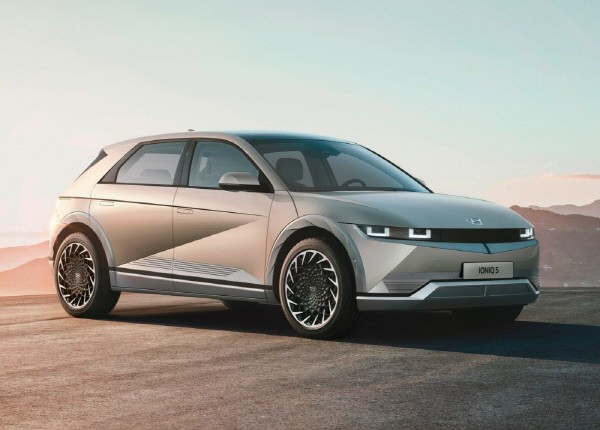Hyundai Motor and Kia have tightened their sales strategy in the Southeast Asian market this year.

Among the nine global regions, the Asia-Pacific region has the highest growth in sales objectives by region announced last week along with business results by Hyundai Motor and Kia. In the Asia-Pacific region this year, Hyundai Motor has set a target of selling a total of 419,000 units, including 261,000 vehicles from Hyundai Motor and 158,000 vehicles from Kia.
This is a 27.4% increase from last year’s performance of 329,000 vehicles. 27.4% is the growth target for the Asia-Pacific region (the growth rate compared to the previous year), and it is the only global region that exceeds 20%. After the Asia-Pacific region, the North American region was followed by 18.5%, the Asia-Middle East region with 18.3%, and the India region with 15.2%.
The outpost for targeting the Asia-Pacific region is a local factory in Indonesia. They started mass production of the Creta, a small sports utility vehicle (SUV), began in January, and they also plan to mass-produce the IONIQ 5, a dedicated electric vehicle, in March. With the mass production of the IONIQ 5, Hyundai Motor will become Indonesia’s first electric vehicle mass-producer.
Hyundai Motor ranked first in the Indonesian electric vehicle market last year. It sold 693 electric vehicles, including 366 Kona EV and 239 IONIQ EV, recording a market share of 87.3%. Based on the operation of the plant, Hyundai Motor will dominate the electric vehicle market in this area where full-scale electrification has not yet begun.
Hyundai Motor is also working with LG Energy Solutions to build a battery cell joint plant in a new business complex in Karawang, Indonesia. The plant will be built on a site of 330,000 square meters with the goal of completion in the first half of next year. Mass production is expected to begin in the first half of 2024. Hyundai expects that this will enable it to secure leadership in the EV market in Southeast Asia, such as Indonesia, where rapid growth is expected.
Meanwhile, Hyundai Motor and Kia’s global sales objective for this year is 7,473,000 vehicles, which is an increase of 12.1% from last year.
By Staff Reporter Bong-kyun Ham (hbkone@etnews.com)
